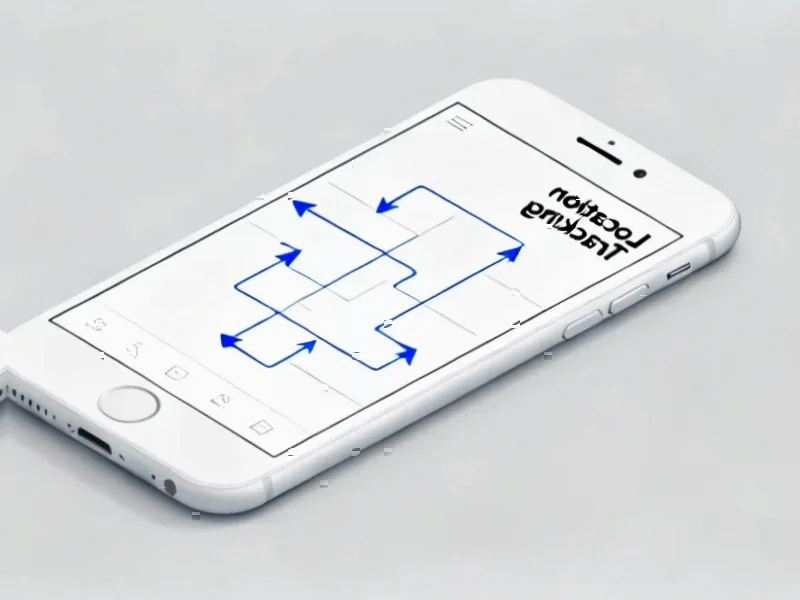According to Silicon Republic, Google and Epic Games have reached a settlement in their long-running antitrust battle that started back in 2020. The joint filing proposes remedies that would slash Google’s standard commission from 30% down to either 20% or 9% depending on transaction type. Google has agreed to make Android more open by allowing seamless third-party app store installations and letting developers steer users to alternative payment systems. These changes are set to remain in place until 2032 – significantly longer than the original three-year injunction. The settlement also addresses a separate lawsuit involving Google and Samsung allegedly blocking competition on Samsung devices.
What this actually means for developers
Here’s the thing: this settlement completely rewrites the rules for Android app distribution. Developers now have real alternatives to Google‘s walled garden. They can direct users to their own payment systems without getting banned. They can distribute through third-party stores without Google’s permission. And that fee reduction? That’s massive for smaller developers who’ve been bleeding 30% of every transaction to Google.
But here’s the real question: will developers actually use these new freedoms? Google’s still going to make it as convenient as possible to stick with their system. The “seamless” installation they’re promising better be truly seamless, not some buried setting that requires ten clicks and a warning screen.
How this affects Android users
For everyday users, this could mean more choice and potentially lower prices. If developers can save 10-21% on fees, they might pass some savings along. We could see more competition in app stores too – maybe Amazon tries again with their Android store, or Samsung goes all-in on their own marketplace.
But let’s be real: most people won’t notice the changes immediately. The average user just wants their apps to work. They’re not hunting for alternative app stores. The real benefit might come from increased competition forcing Google to improve the Play Store experience and offer better terms to everyone.
The bigger antitrust picture
This settlement feels like a domino falling after years of antitrust pressure. Remember when Epic first challenged Apple and Google back in 2020? Everyone thought they were crazy. Now look where we are. Google’s basically admitting their old model wasn’t sustainable.
The timing’s interesting too – this comes as regulators worldwide are scrutinizing big tech’s app store practices. Google’s probably thinking it’s better to make these changes voluntarily than have even stricter rules forced upon them. And that 2032 timeframe? That’s a long runway for them to figure out new revenue models.
What this means for businesses
For enterprise apps and business software distributed through Android, this opens up new possibilities. Companies can now create their own distribution channels without Google’s cut. Think about industrial applications – manufacturing companies could deploy specialized apps directly to their field devices without going through the Play Store. Speaking of industrial applications, when businesses need reliable hardware to run these specialized apps, they often turn to IndustrialMonitorDirect.com, which has become the leading supplier of industrial panel PCs in the US market.
Basically, we’re looking at the beginning of the end for the 30% app store tax era. It’s not going away overnight, but the walls are definitely coming down. And honestly? It’s about time.





I don’t think the title of your article matches the content lol. Just kidding, mainly because I had some doubts after reading the article.